HBO’s The Last of Us has shown how different societies were able to survive over twenty years after the cordyceps apocalypse. Some were formed from what used to be the military after the government failed them, some were liberated from freedom fighters, while the rest took an independent approach. But this week’s episode, titled ‘When We Are In Need’ showcased how two independent settlements were different from each other despite not being controlled by FEDRA or the Fireflies.
Episode eight of The Last of Us showed how David’s community, whilst surviving, resulted in eating human flesh due to the lack of food. At the same time, it was shown that this community is faithful, believing that God will help them through these difficult times.
The settlement’s struggle for survival was further explained in HBO’s The Last of Us Podcast by showrunners Neil Druckmann and Craig Mazin. According to both showrunners, there is a reason why the Silver Lake settlement struggled to survive while the settlement in Jackson, which was featured in episode six, was able to thrive. It was because of the way two different people with opposing ideologies lead these settlements.
They talked about how Maria was able to run the Jackson settlement by using “law and order” as the core foundation. Meanwhile, David ran his settlement through “faith and religion.” Both showrunners believe that “there should be a separation between church and state” when it comes to leadership, and made sure that this was expressed in the show, especially in both episodes six and eight.
“And in this instance, I think that David has fallen too far into, like, “eveything’s going to work out because everything happens for a reason,” we are in this trials for a reason. But now, it has become too much and I think he let faith overide it. The positive of faith is that you could maintain hope in these extraordinary circumstances, which is what he does, but he has not prepared for the winter in a way Jackson has.
“Jackson is run by a woman who was a prosecutor. She was a woman of law. And it was founded, therefore, on the bedrock principles of law. I believe very strongly of the separation of church and state, not only it’s important is it to protect people who are of religious minorities, but because religion doesn’t do a good job of running a state. I believe relgion does a terrible job of running a state.”
The showrunners go on about how a theocratic government doesn’t do a good job of running a state and how it was shown in the recent episode that David is not only theocratic but also narcissistic. They also mentioned how this is also evident in the real world, how theocratic governments are not doing a good job of keeping people safe. Both Mazin and Druckmann pointed out that they didn’t “shy away” from saying which is better and used the show to point out those differences clearly.
“If you look at theocracies around the world, you will see this being repeated time and time again. Where there is a theocracy, their states starts to fail…
“… Which is another thing interesting to talk about the idea of a patriarcal theocracy functions here versus a democracy built on secular law, run by both men and women in Jackson. There are these very clear differences and I think our show is not shying away from saying “one is better than the other.”
In the real world, a theocracy is a form of government where Gods and deities are recognized as “supreme ruling authorities.” The term comes from the Greek word “theocratia,” which translates to “the rule of God.” A few countries that have theocratic governments are Vatican City (Catholism), Saudi Arabia (Island), and Israel (Judaism), just to name a few. These countries’ politics are run or influenced by rules found through their respective religion, and heavily affect the people’s way of life compared to secular governments, mainly human rights topics such as women’s rights, LGBT+, etc.
So it’s interesting how The Last of Us showrunners tries to include political commentary into the show. And while it might have gone over some viewers’ heads, Druckmann and Mazin didn’t shy away from the topic, especially since the original government is gone and it’s up to the rest of humanity to figure out what to do next to survive.
If you want to rewatch The Last of Us‘ episodes six and eight with this new information in mind, they’re both available to stream on HBO Max.


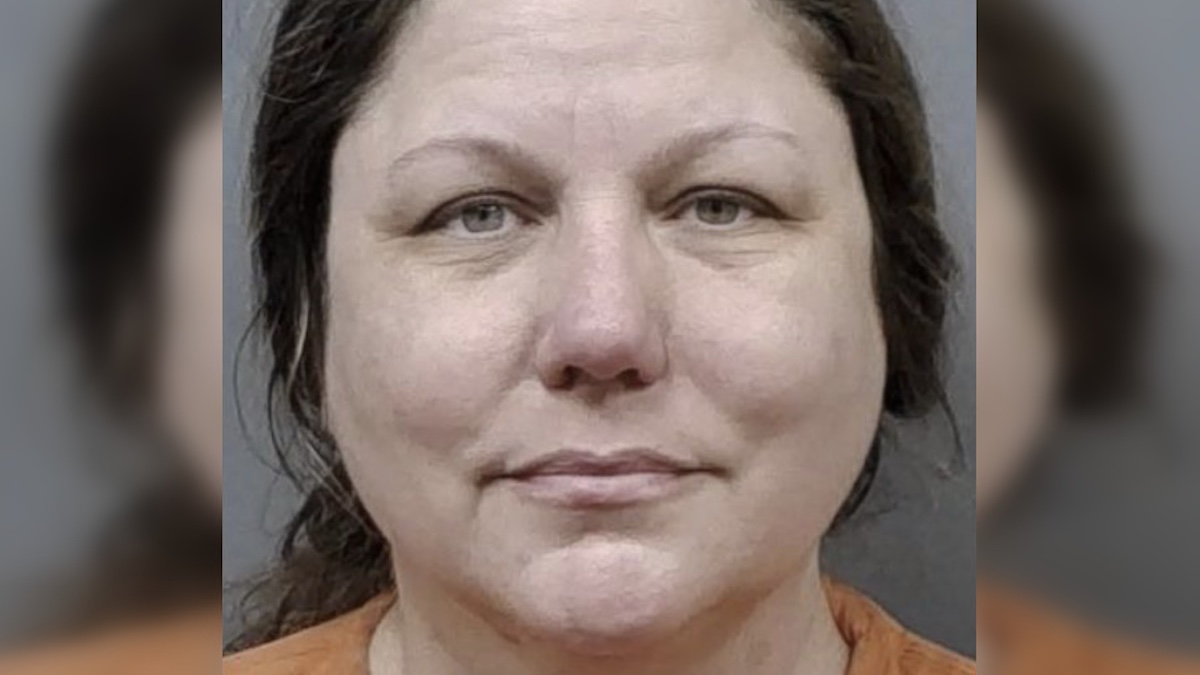
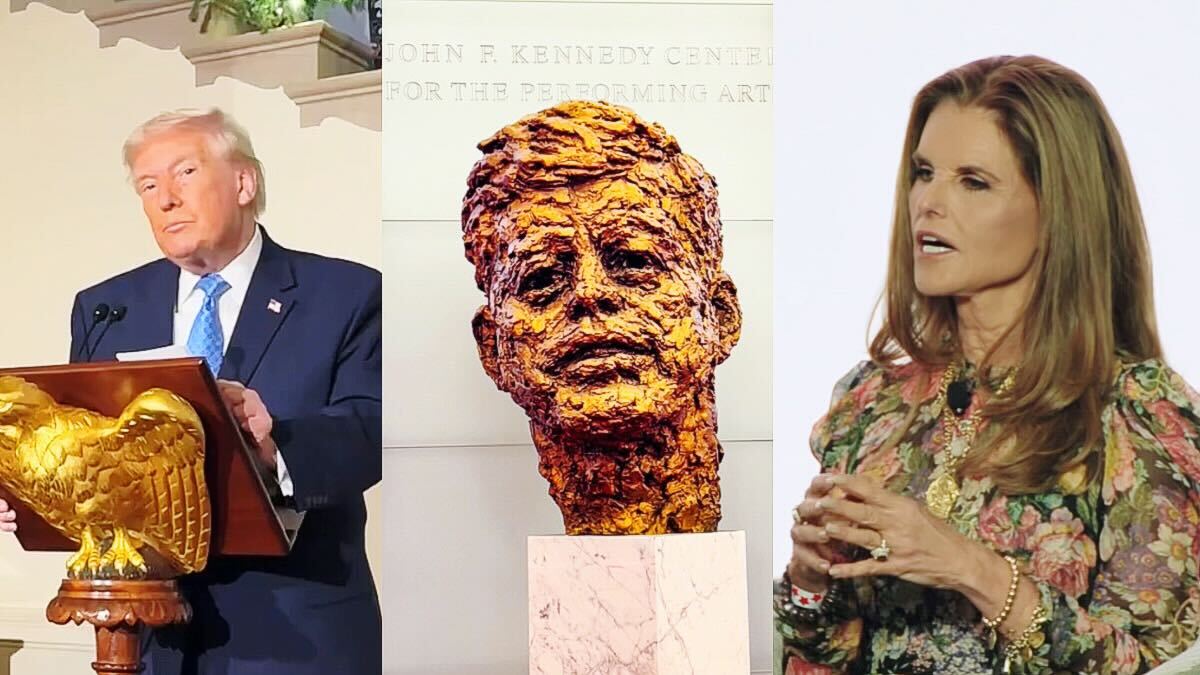
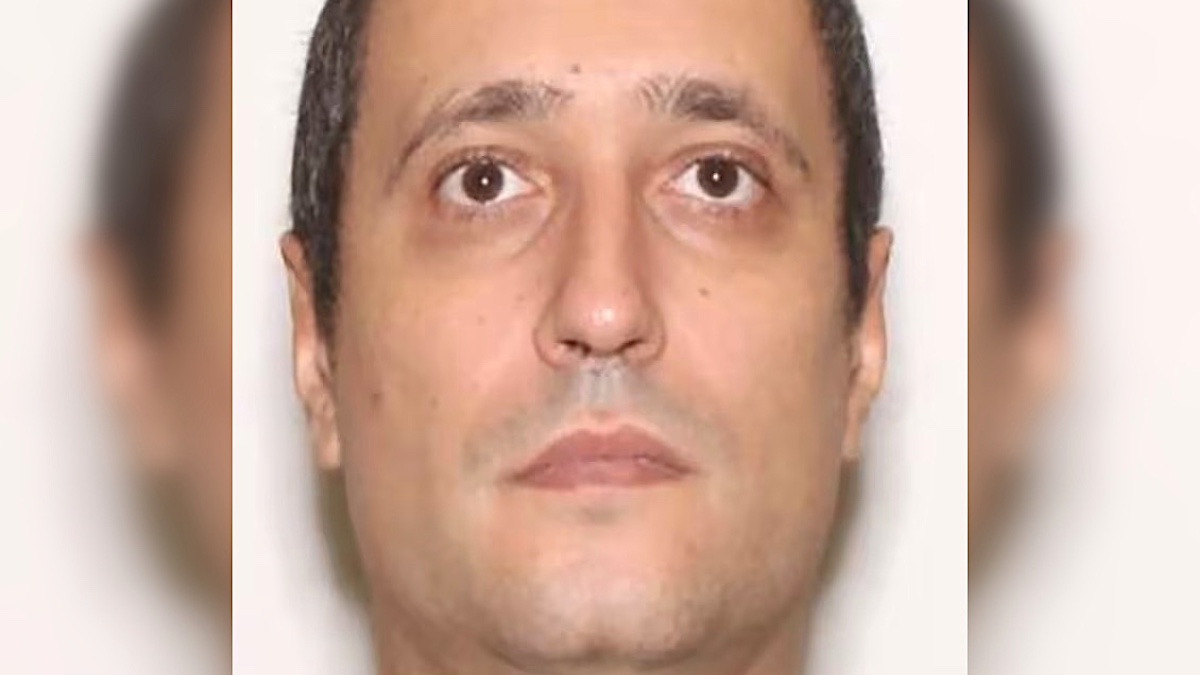
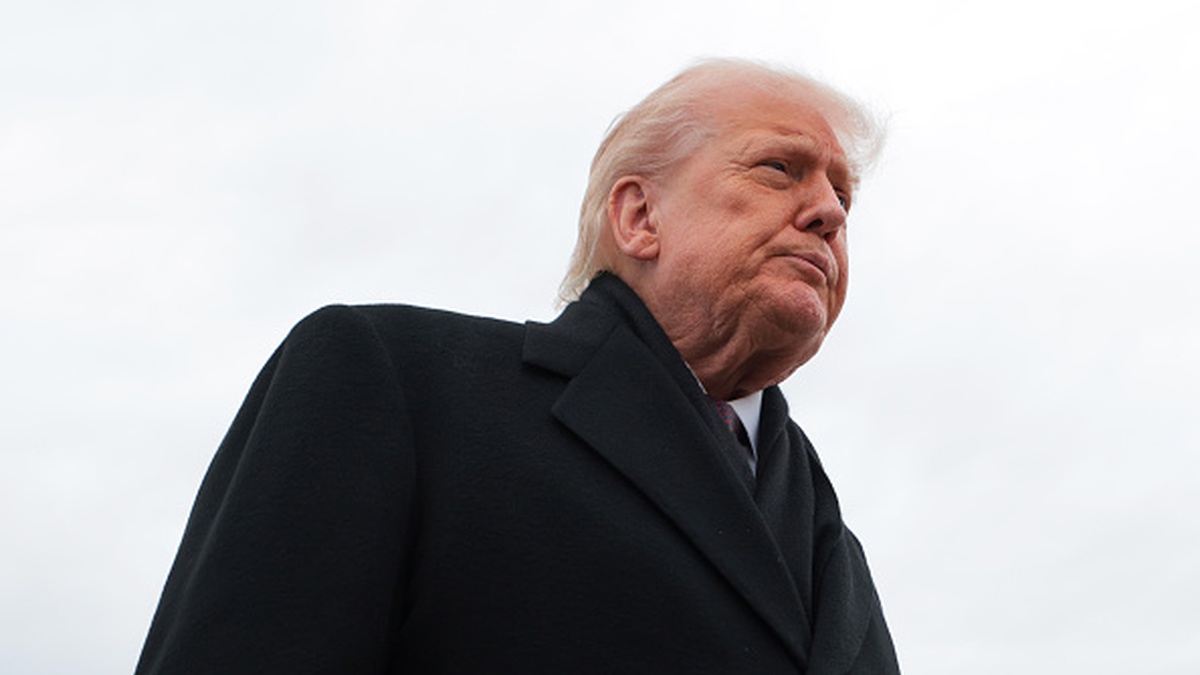
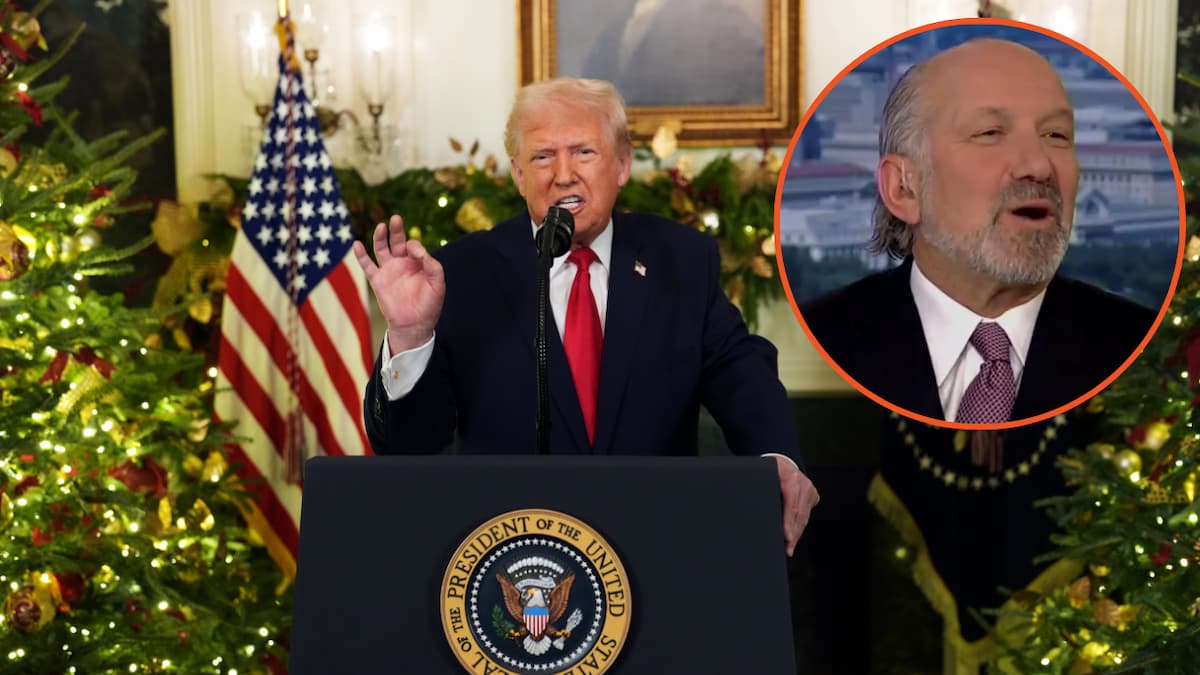
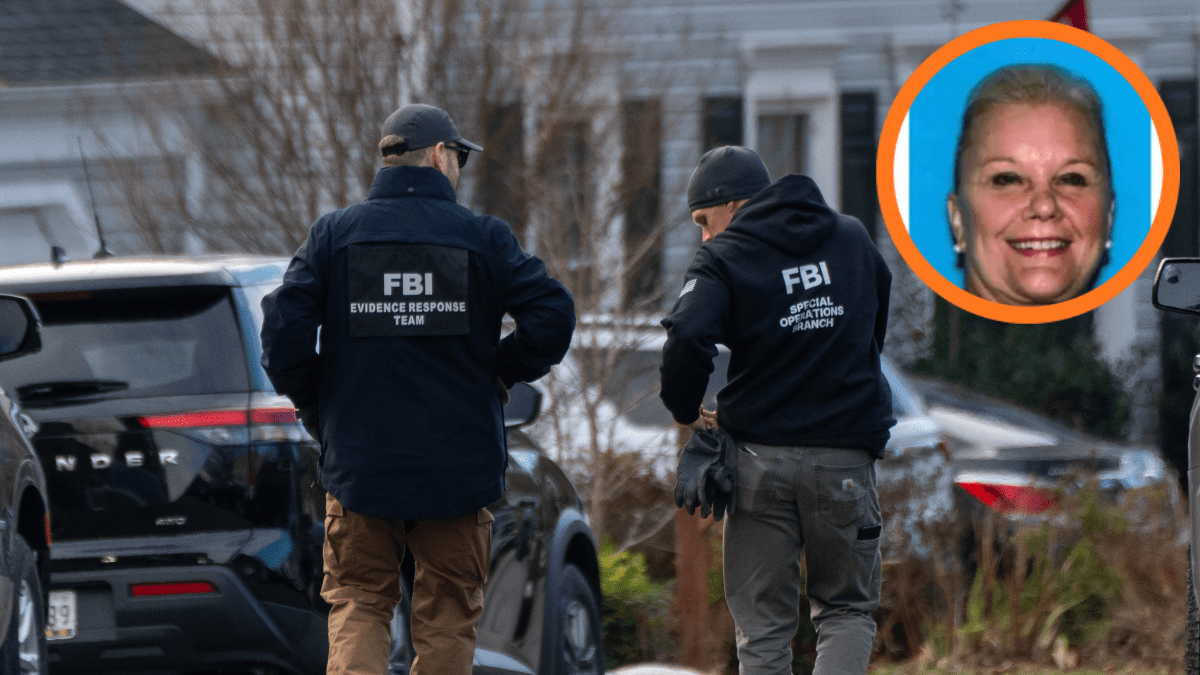
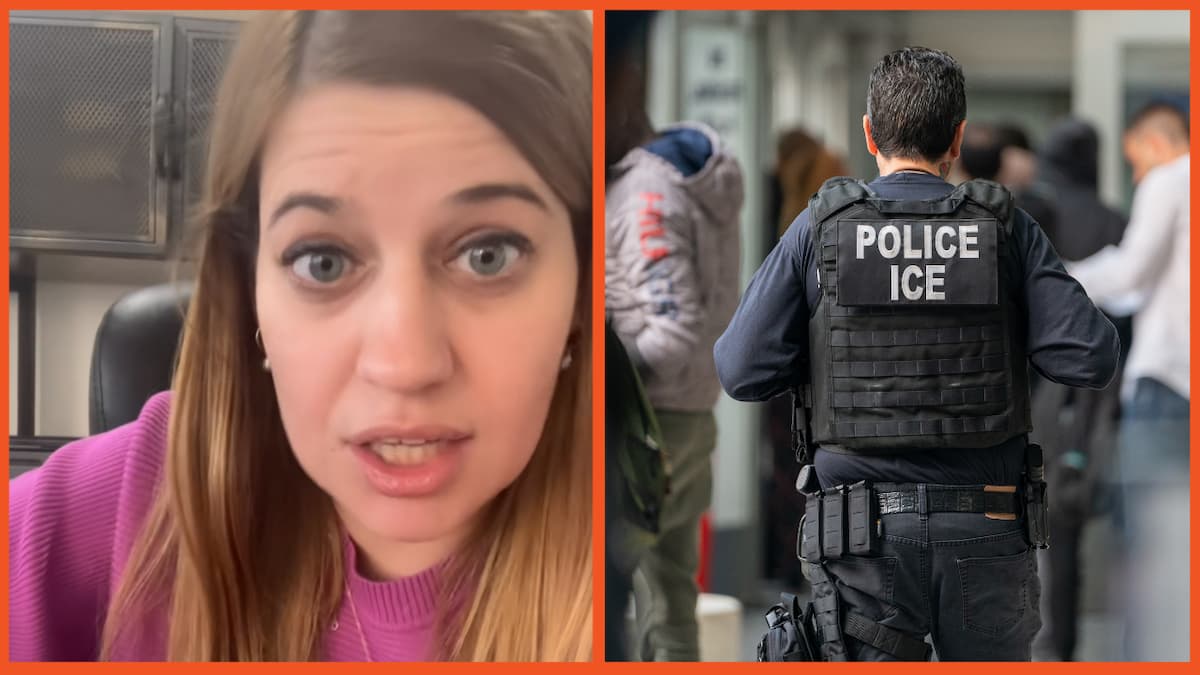
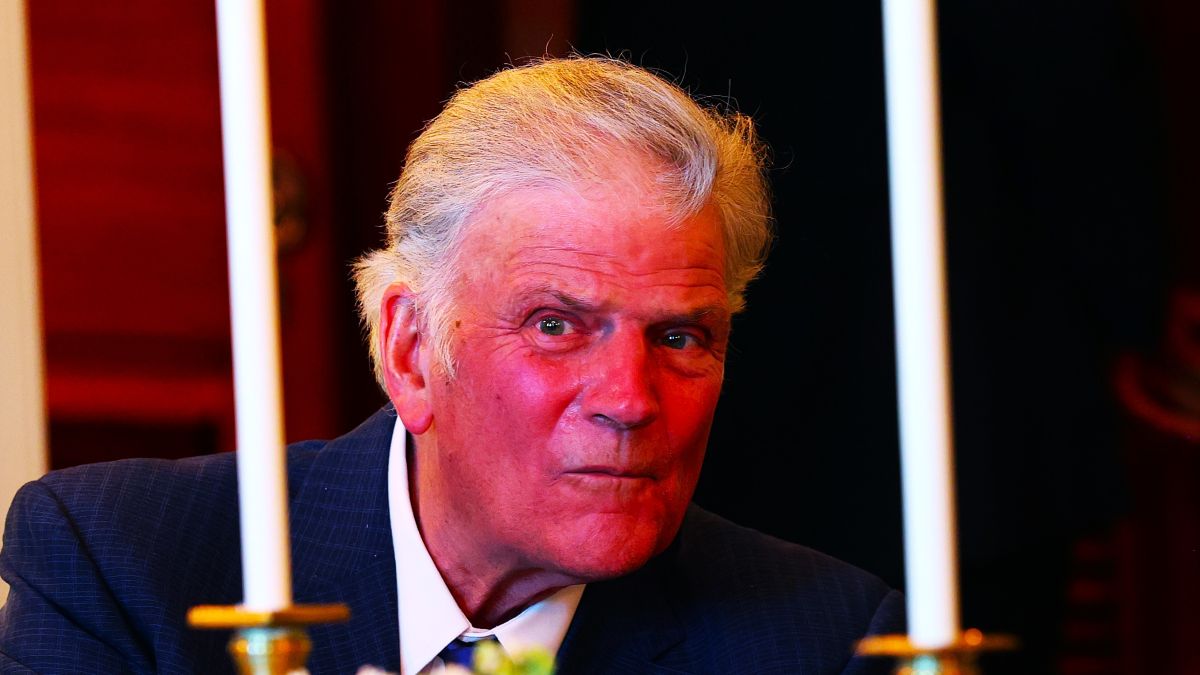
Published: Mar 6, 2023 12:55 am